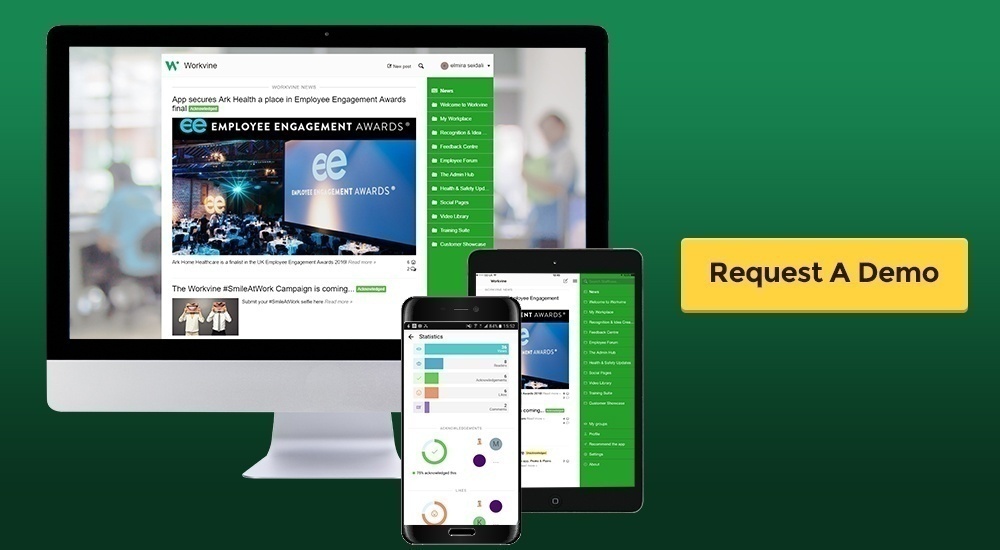
Imagine a change in a company's infrastructure is on the horizon, one that will no doubt ripple through the company, impacting all employees in varying ways, a change that they will benefit from being on top of... and yet they're only finding out about it second-hand. Why didn't the employers tell them? Did they feel their staff weren't important enough to warrant a simple notification?
Change in the workplace is an inevitability. New policies may need putting in place, the company's branding may need a makeover, or maybe there's an opportunity coming up that an employee would be well-suited. Whatever the change, employees aren't going to blame the employers for a necessary shift in the day-to-day life. But if they're kept in the dark, then that blanking offers all the right ingredients for a gradual build-up of resentment, mistrust, disengagement and finally, an exit.
We have also come across a few alarming statistics that shed some disturbing light on the communication climate. Gallup revealed that a mere 13% of employees believe employers are communicating effectively with their workforce. Interestingly, 69% of managers felt uncomfortable with communicating with employees in general, according to a 2017 report titled The Impact of Managers on Workplace Engagement and Productivity. On reflection, it feels a tad ridiculous; we're talking about employers and employees maintaining regular contact, not walking into the lion's den(!).
This is where the Staffbase App can build the bridges. A dedicated app will connect all the employees onto one network and can act as a broadcaster for any shifts in the company; anyone can provide notifications, and no-one has to worry about being caught off-guard. The App also evens the playing field for employees, providing a platform for them to not only receive information and content, but also to circulate it and create their own. This gives them a level of control in the organising of their own lives while demonstrating that yes, your employer does trust you enough to give you that level of communication control. Our work has seen us provide internal communication strategies to companies such as Park Leisure, SMT, and Peaks and Plains, all of which has benefited from a workforce linked on a national level.
Workvine CEO Adrian Hobbs has seen the future etched out by today's technology and is determined to bring that vision to fruition. "In today’s business environment change is constant so reach and frequency of the change message are a paramount consideration when creating a communication strategy" he says, drawing on decades of experience in the recruitment sector. "As a tool an employee communication app guarantees good reach of the business message to employees and outsmarts the capability of the noticeboard, the outdated company newsletter and in many cases the email system that doesn’t reach the non-desktop employees. When it comes to message frequency, messages can be pushed and delivered as frequently as required or they can be pre-scheduled for forthcoming events or internal business stories when they are due for release."
A positive relationship between employer and employee is pivotal to the success of a company. Employee apps can go a long way to bridging that relationship and acting as a reliable conduit for change. And managers will find that once trust levels start rising, productivity will swiftly follow.
Push notifications are a game changer – the customised employee app enables you to reach everyone, anywhere at anytime with any content. Deliver current news or safety updates, employee rewards or recognition programmes… direct to their smartphones. It also acts as a central location for other employee centric functions, and as a two-way communication tool. Request your demonstration today.

